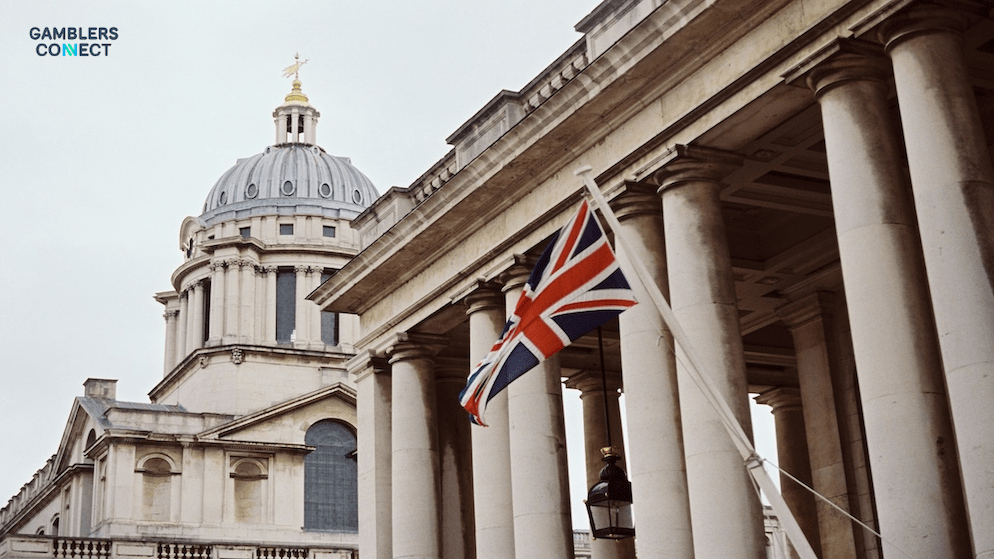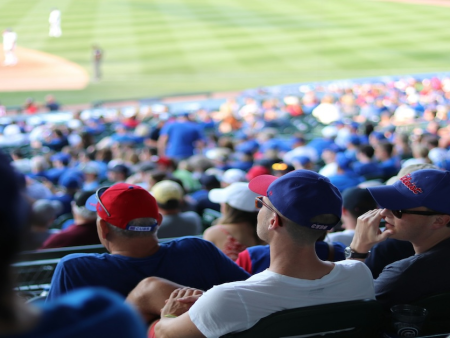
UK Chancellor Rachel Reeves is facing escalating political pressure as Northern Ireland lawmakers, alongside a growing cross-party coalition, urge her to abandon plans to harmonize remote gambling tax rates.
The Northern Ireland Assembly’s All-Party Group (APG) on Reducing Harm Related to Gambling has penned an open letter demanding that the Treasury reject the proposed unification of the Remote Betting and Gaming Duty (RGBD).
The Treasury’s proposal seeks to merge existing remote gambling taxes into a single duty, likely aligning all rates with the current 21% Remote Gaming Duty. Proponents argue this simplifies the tax system.
However, the APG, Labour backbenchers, and figures such as former Prime Minister Gordon Brown argue that the harmonization fails to acknowledge the significantly greater risks associated with online gaming products.
Critics suggest that taxing highly addictive online slots and casino games at the same rate as less harmful sports betting would actively incentivize operators to steer customers toward more damaging products.
The APG’s intervention aligns with recommendations from the influential Institute for Public Policy Research (IPPR), which has proposed a more aggressive 50% tax rate on remote gambling.
The IPPR claims such a measure could generate an additional £1.88 billion in annual revenue, which could be earmarked for public health and treatment programs to offset the estimated £1 billion annual societal cost of gambling-related harm.
While industry leaders have warned that a “tax raid” could lead to retail closures, the UK Parliament’s Treasury Committee has urged UK Chancellor Rachel Reeves to resist “industry scaremongering.”
The cross-party committee heard testimony and ultimately recommended that the Treasury must ensure that duties on remote gaming are always set at higher rates than those on general gaming duty, based on the varying levels of harm different products cause.
With the 26 November budget approaching, the Chancellor’s signal that gambling operators must “pay their fair share” suggests a tax hike on online gaming may be imminent.





